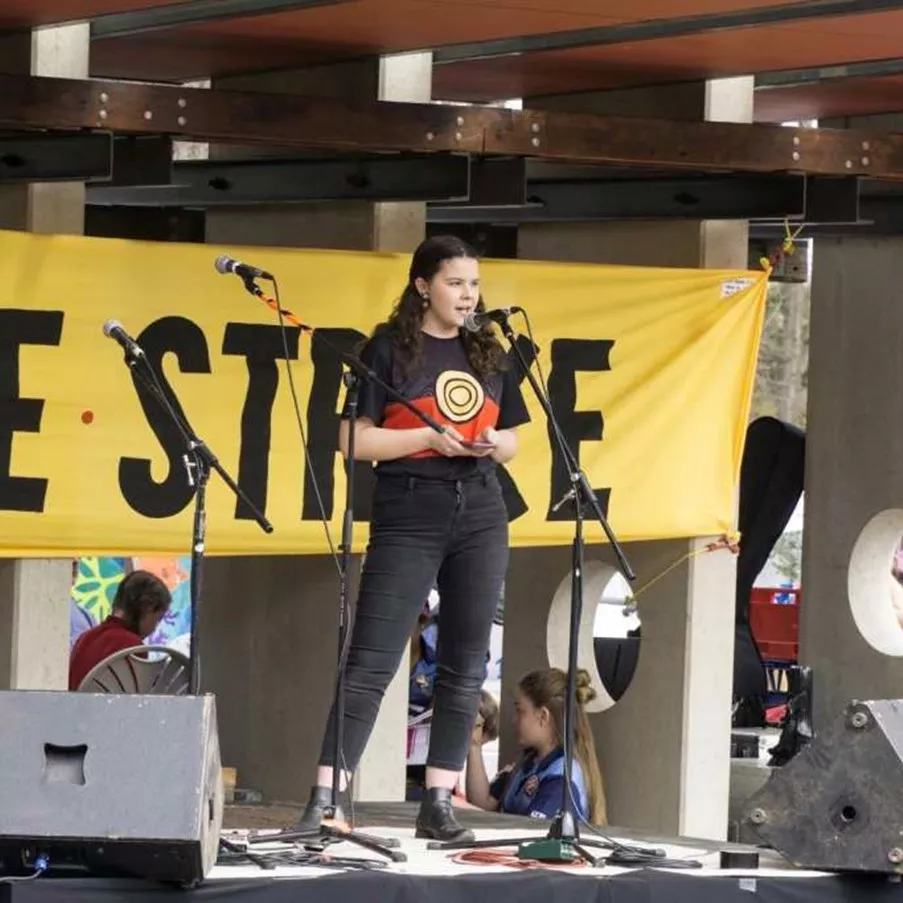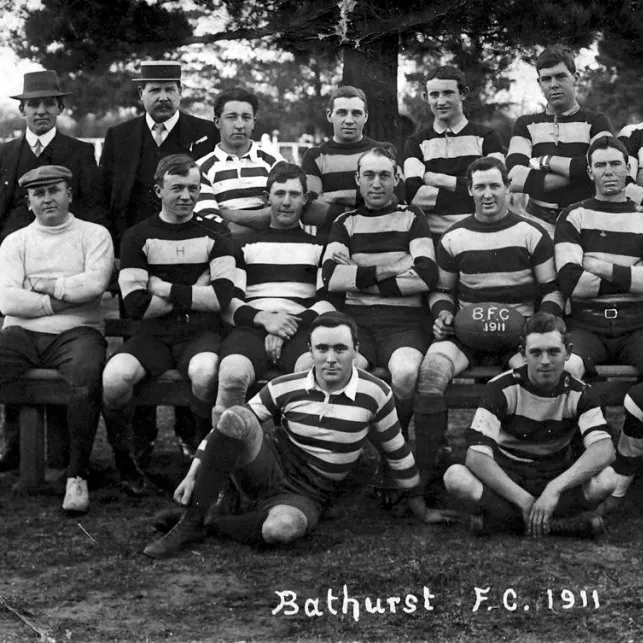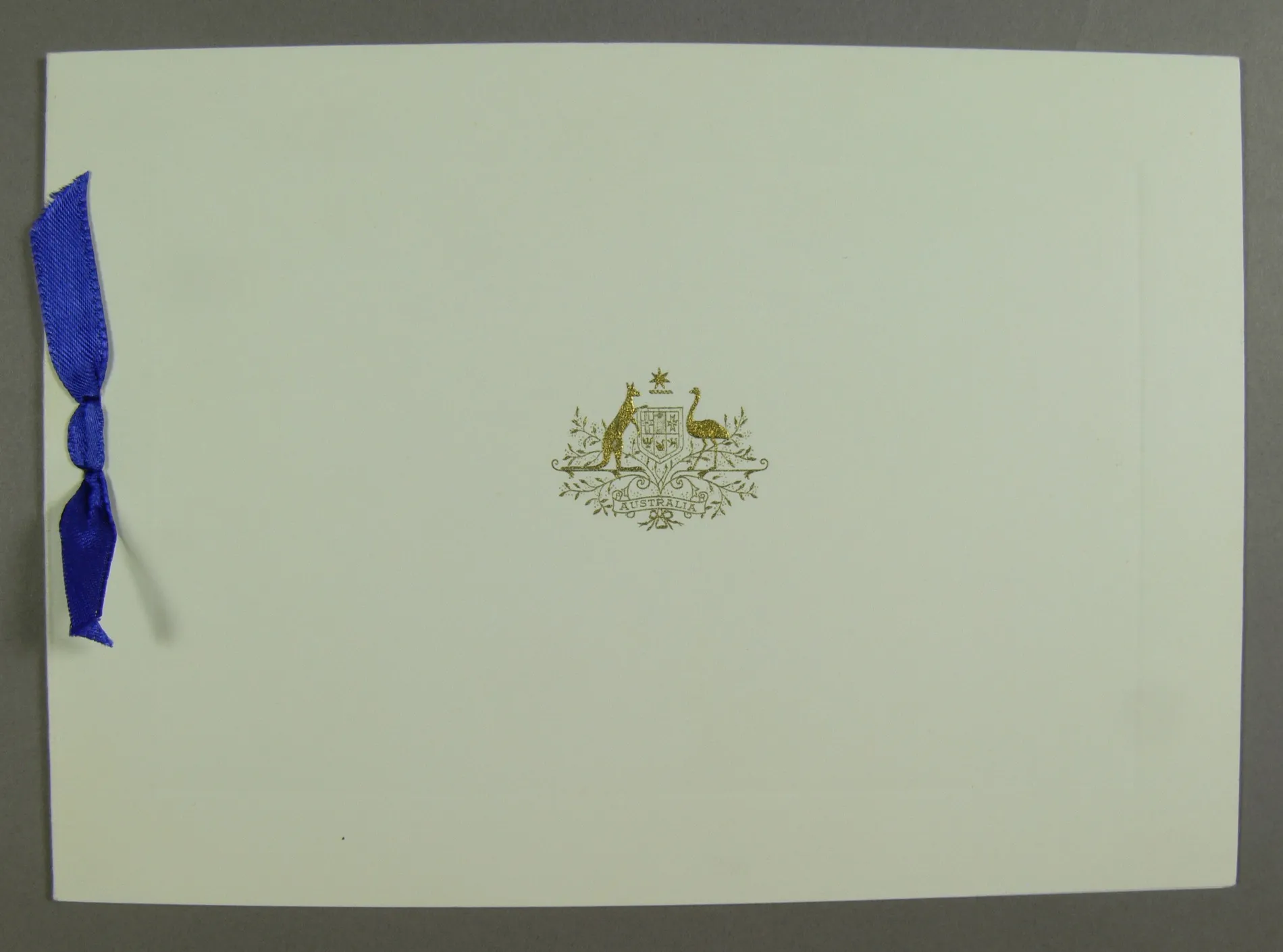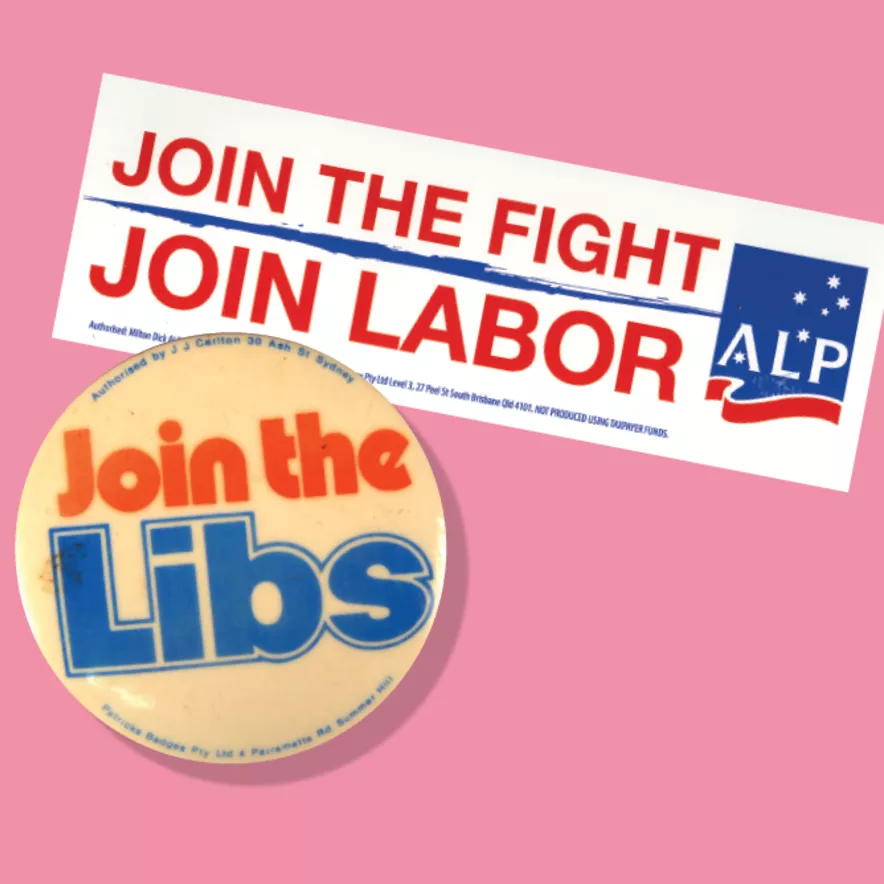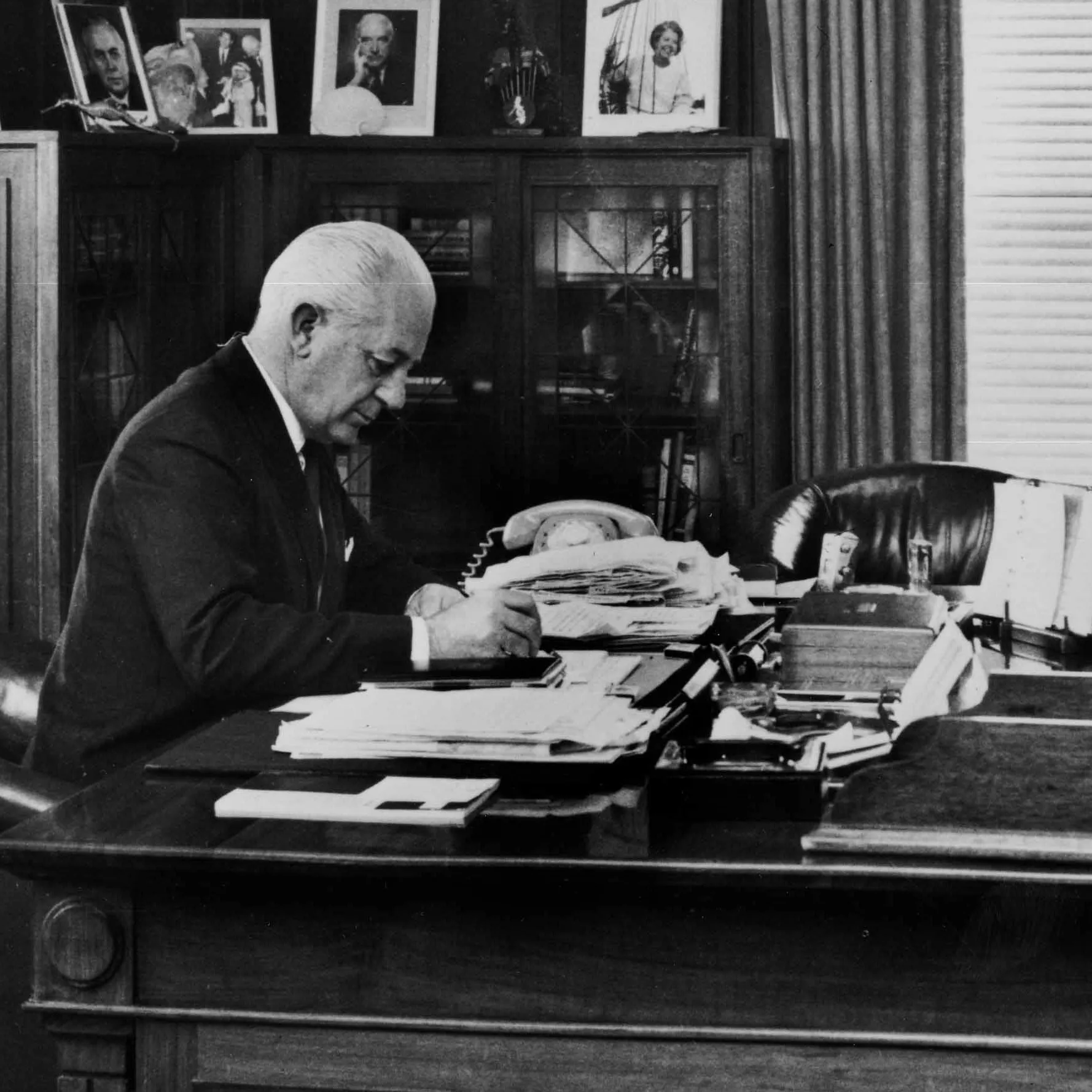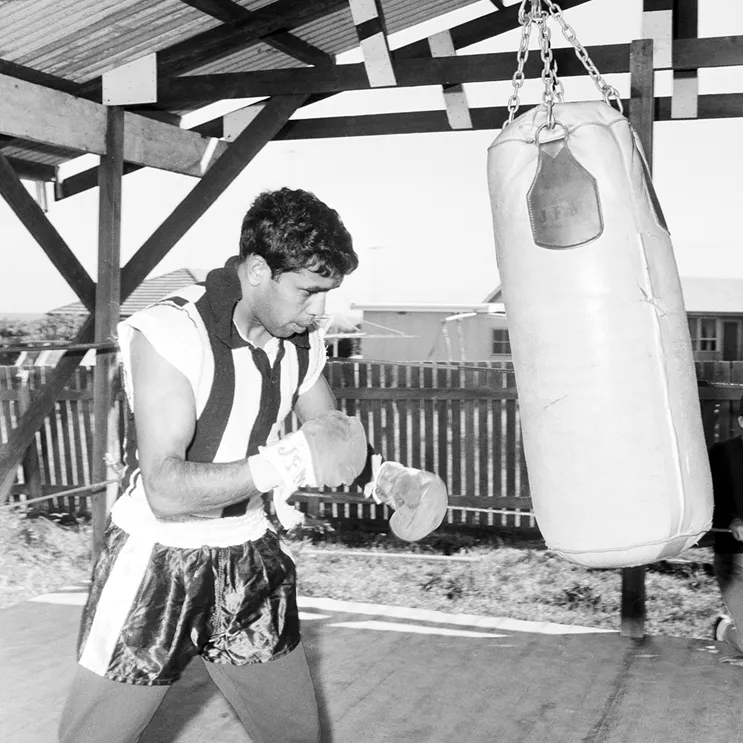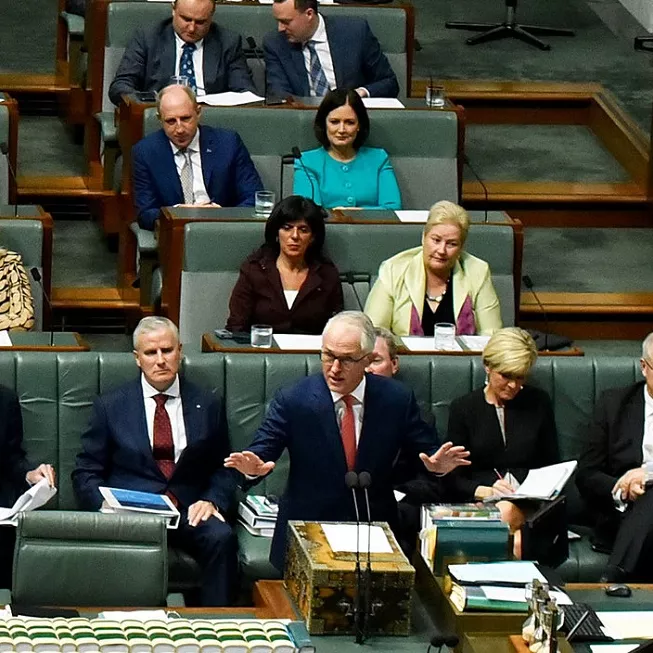Showing up, learning and yarning – Dhani Gilbert on Healing Country
- DateFri, 09 Jul 2021
The theme of NAIDOC Week 2021 is Heal Country.
Country is integral to the identities of First Nations people. It encompasses the spiritual, physical, emotional and cultural connection with land, water, animals, earth, family, traditions and language. Dhani Gilbert is a proud Kalari (Lachlan River) Wiradjuri young woman and 2021 ACT Young Woman of the Year. We spoke to her about what Heal Country means to her.
As a Wiradjuri woman, what does the 2021 NAIDOC Week theme 'Heal Country' mean to you?
The theme of Heal Country highlights the importance of Country and First Nations ways of caring for Country. First Nations ways of caring for Country are legitimate, time-tested and suited to the Australian landscape. This year's theme provides Australia with an opportunity to understand and enshrine First Nations ways of looking after Country in all land water management practices.
As a proud Kalari Wiradjuri young woman, Country is intrinsic to everything I do. Understanding the reciprocity and beautiful relationships between Country, Culture and Community is ever-present in the practices taught to me. It guided me in my studies, my work and in my future aspirations.
How important is NAIDOC Week to Australia and all its communities?
For me, it is really critical to understand that NAIDOC began and is grounded in the fight for justice for First Nations People and Country. It has also become a week that we reflect on our communities' excellence, strength, resistance and revitalisation.
NAIDOC week is a time that feels like First Nations Peoples in our communities hold up a mirror, that gives everyone a good look at the truth and the context of where we have come from and what's ever-present around us still. It's a week we repeatedly see that there is continuous First Nations strength and excellence here in our communities.
For me, it's a week that should highlight that if we truly want this country and our communities to be places of justice, integrity and equity, where all can thrive and flourish, then First Nations People need to be in the driver's seat for that journey now.
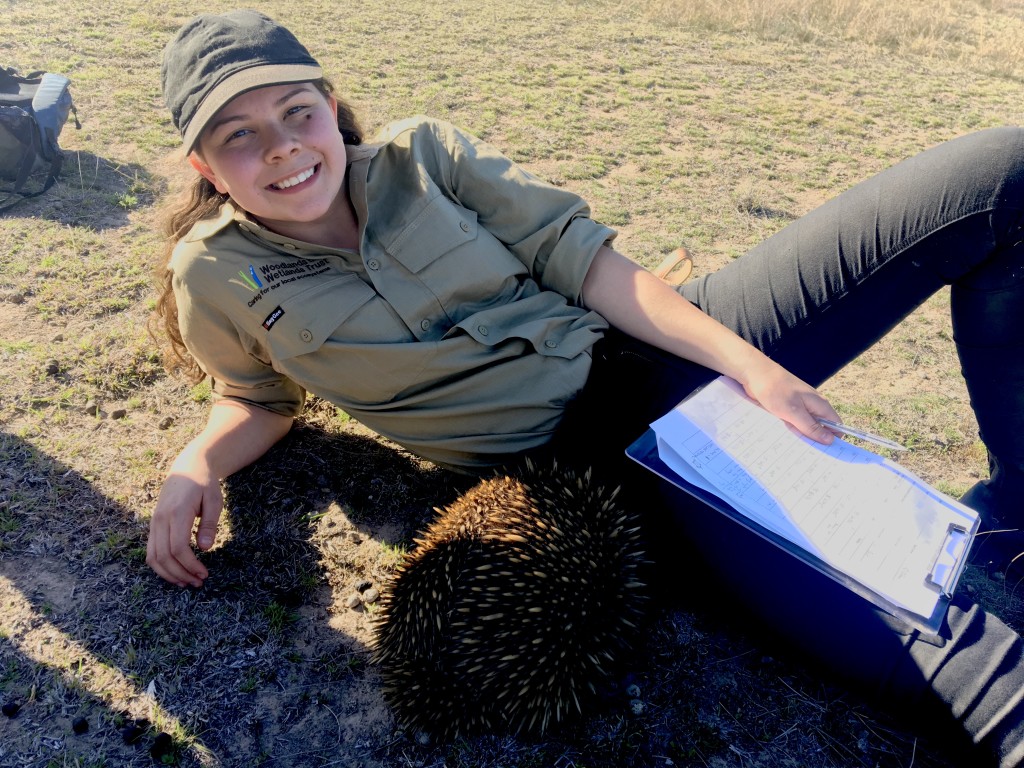

How do you feel when you're on Country, what memories do you have?
When I am on Country my soul feels good. I am grounded, I am connected, I take time to breathe and deeply listen. I also know on Country I have a responsibility here and that there are actions that we collectively and urgently need to take for Country and community.
It is also really confronting though, seeing the impact mining as well as poor land and water management has on Country; knowing the unjust barriers First Nations Peoples face in being able to fulfil their responsibility of caring for Country and our songlines the way our ancestors have since the beginning.
You're currently studying a Bachelor of Science and a Bachelor of Environment and Sustainability. Can you tell us a little bit more about the work you do to participate in environmental conservation?
Since I was little, my family and community have had me learning and widely participating in Caring for Country practices, which has included seed harvesting, cultural burning, weed eradication work and vegetation restoration. I'm continuously building my capacity to understand how resources need to be managed for healthy country and healthy mob.
That inclusive practice and cultural learning has inspired as well as shaped my journey with the work I am doing in my studies and in joining the team at Mulligans Flat Woodland Sanctuary and Jerrabomberra Wetlands. Both lead phenomenal work in ecological recovery, community education and species reintroduction.
How do you use your voice to influence change in the community?
A big part of influencing change is participating; it is showing up, learning, yarning, having respectful engagement and following the cultural protocols of the spaces you are in.
Community-led collective action is one of the best ways to achieve change because it is driven by the strength and voice of the community, not just an individual.
What are some steps the wider community can take to help Heal Country?
I think there a lot of ways people can get involved and help Heal Country:
- Engage with local First Nations mob to understand and support actions they are leading for Country.
- Participate in ecological recovery, education and actions.
- Link up with community groups like Landcare, Waterwatch, Greening Australia and Australian Conservation Foundation.
- Get involved in citizen science activities on Country or online.
- Do what you can to reduce your direct environmental impact on Country and the planet.

